Indigenous Governance Database
Governance
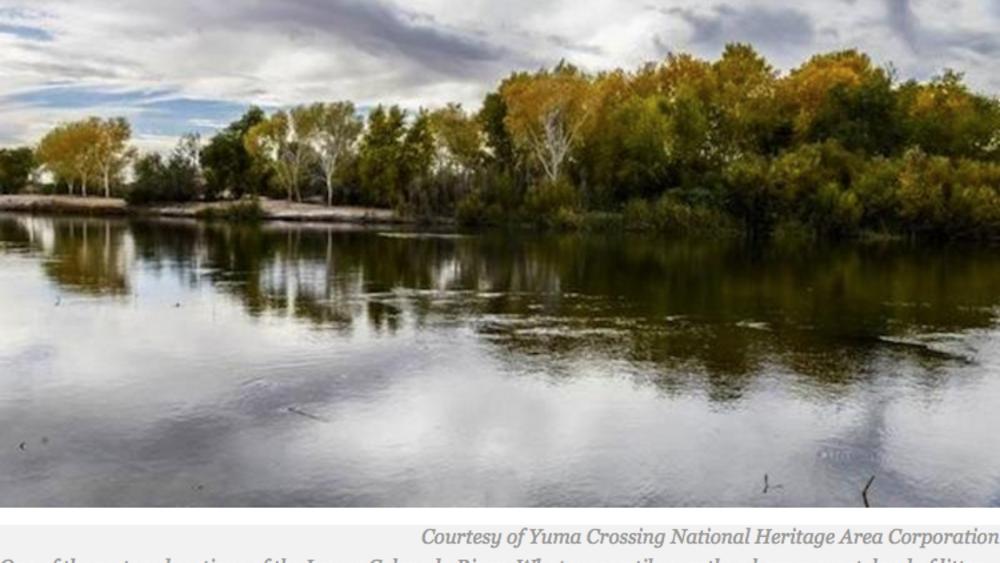
Tribal Transformation: Quechan Help Bring Lower Colorado River Habitat Back to Life
The Colorado River, once home to riverboats and a source of liquid sustenance to many, has been referred to as America’s Nile, the most important river in the Southwest. Until recently a section of the lower Colorado with the city of Yuma on one side and the Quechan Indian tribe on the other was a…
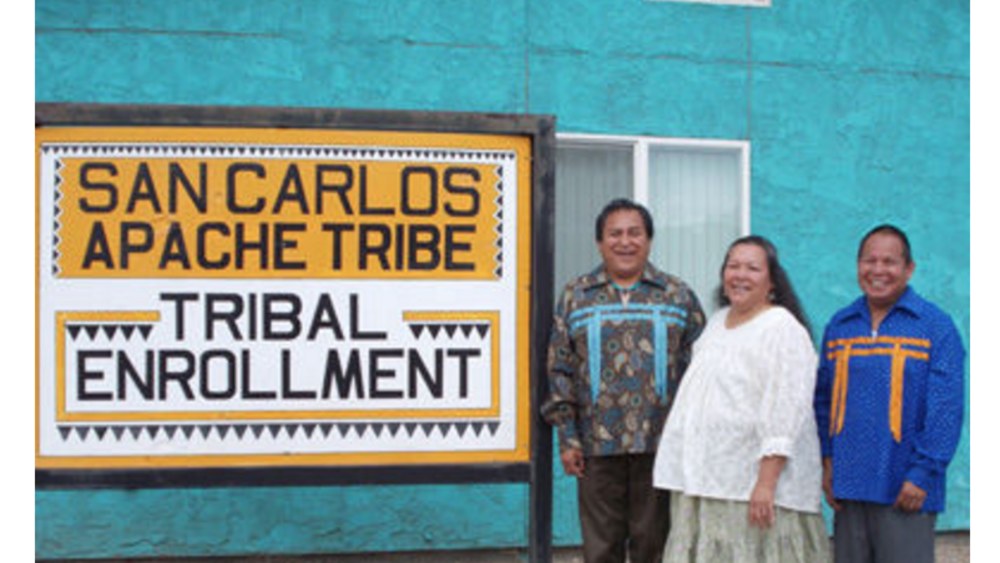
Tribe looking to increase enrollment
Under the direction of the appointed members of the Tribal Enrollment Committee – Peridot District Representatives Lula T. Dillon and Aurelia Rogers, Gilson Wash District Representatives Geraldine Kitcheyan and Henrietta Henry, Seven Mile Wash District Representatives Marthalene Polk and Lois R.…

The Bay Mills Case: An Opportunity for Native Nations
On May 27th, the U.S. Supreme Court finally handed down its decision in the Michigan v. Bay Mills Indian Community case. The good news for Native nations is that the Court upheld the doctrine of tribal sovereign immunity, opting not to carry out any of the doomsday scenarios many suggested could…
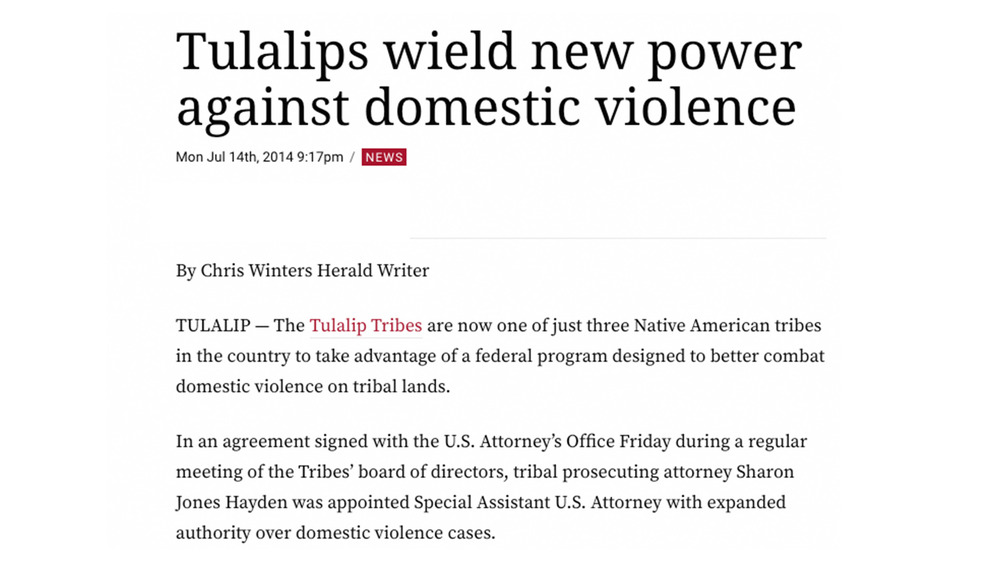
Tulalips wield new power against domestic violence
The Tulalip Tribes are now one of just three Native American tribes in the country to take advantage of a federal program designed to better combat domestic violence on tribal lands. In an agreement signed with the U.S. Attorney’s Office Friday during a regular meeting of the Tribes’ board of…
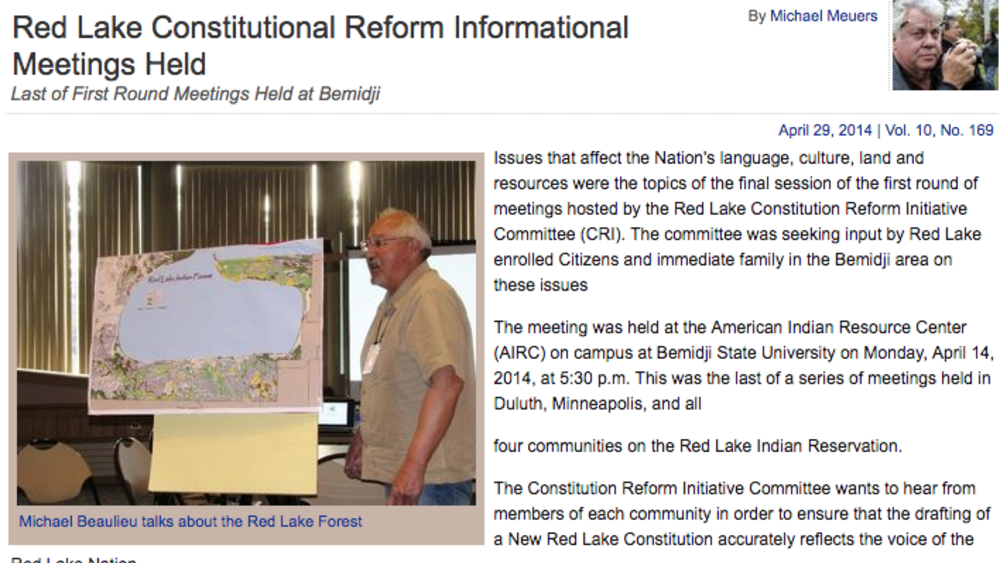
Red Lake Constitutional Reform Informational Meetings Held
Issues that affect the Nation's language, culture, land and resources were the topics of the final session of the first round of meetings hosted by the Red Lake Constitution Reform Initiative Committee (CRI). The committee was seeking input by Red Lake enrolled Citizens and immediate family in the…
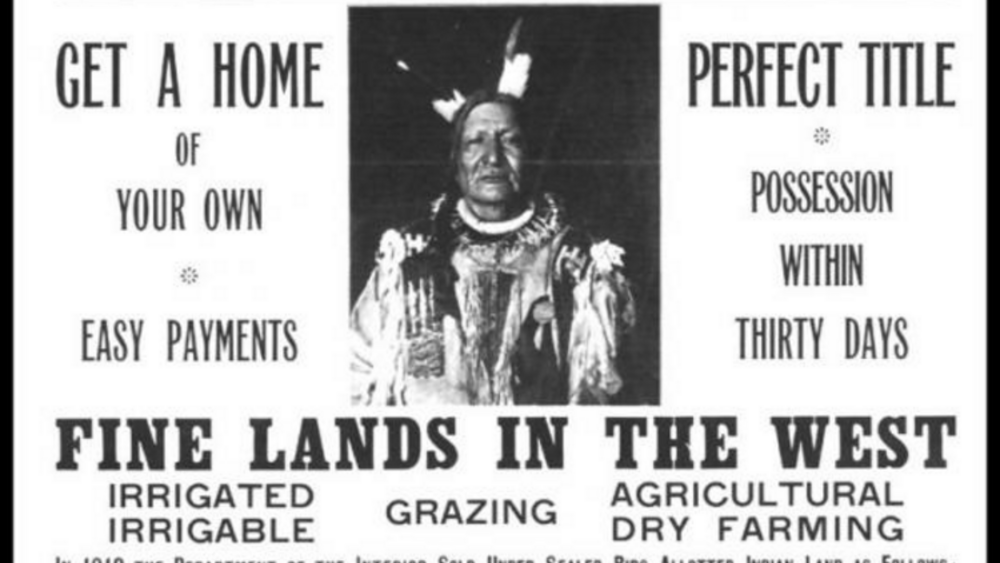
U.S. Land Rights for Indians?
There is an argument within federal-Indian law literature that suggests Indians could have more effectively protected land under U.S. law if they owned land in fee simple rather than under trust. There is better protection for private property under the U.S. Constitution than can be had from…

Dismembering Natives: The Violence Done by Citizenship Fights
Outside Indian Country most don't realize that over the past 10 years, several thousand people have had their tribal citizenship status terminated. Most were not dismembered for wrongdoing or adopted by other Native nations. They were simply identified by their elected officials as allegedly no…

Tribal Per Capitas and Self-Termination
For many Indian families, tribal per capita payments help meet their most basic needs. They buy food, pay heating bills, make car payments, and open savings accounts. As a Dry Creek Rancheria Band of Pomo Indians leader explains, per capita monies have given historically impoverished Indian…

Good Data Leads to Good Sovereignty
The lack of good data about U.S. American Indian and Alaska Native populations hinders tribes’ development activities, but it also highlights a space for sovereign action. In coming years, tribes will no doubt continue to advocate for better national data and at the same time increasingly implement…
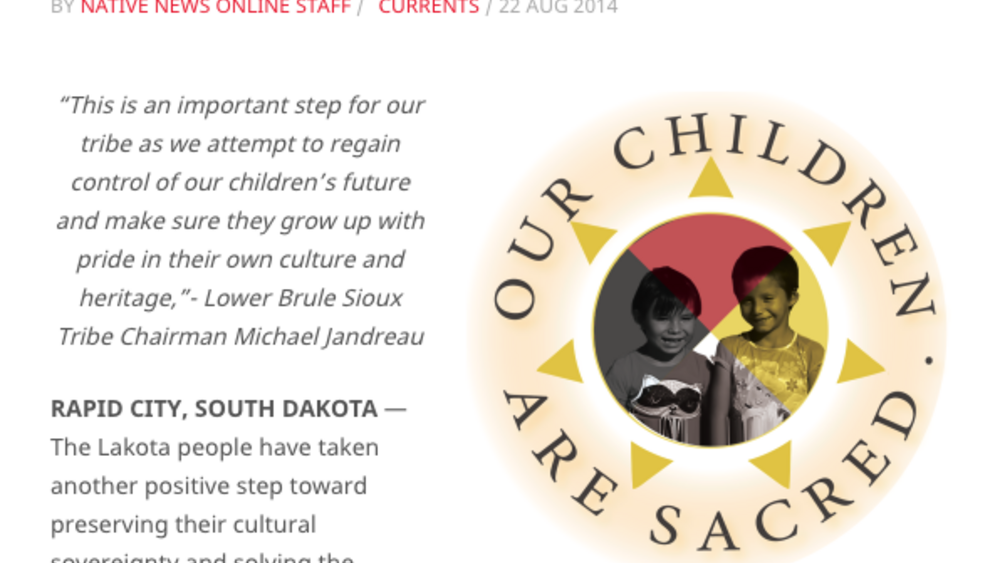
Two More South Dakota Lakota Tribes Advance Toward Their Own Foster Care Systems, Intending to Replace the State DSS System
The Lakota people have taken another positive step toward preserving their cultural sovereignty and solving the persistent foster care crisis in the state as two more tribes have joined the movement to apply for available federal funding to plan their own tribal-run foster care system... The Lower…
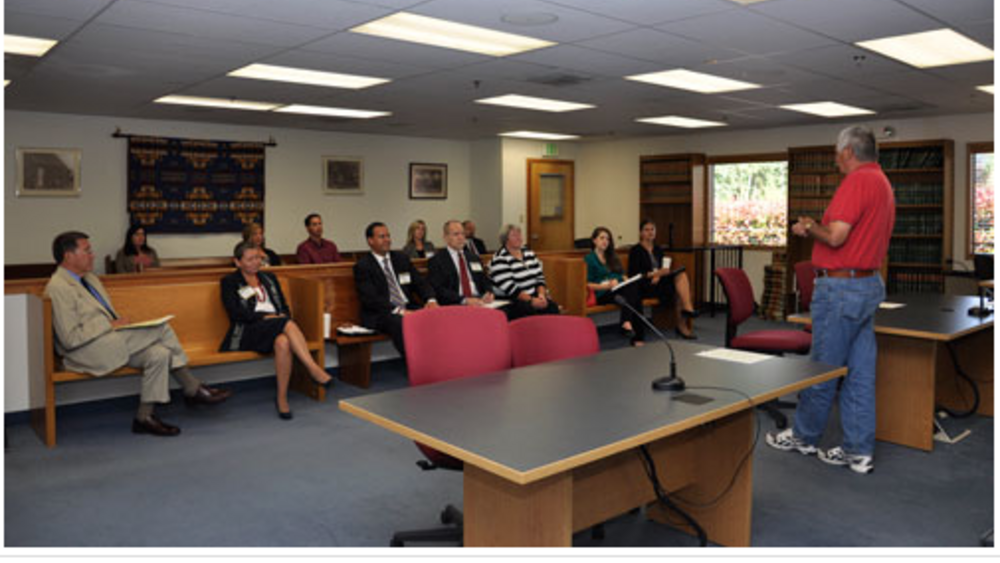
First-time offenders learn accountability through diversion program run by tribal elders
The 2012 Annual Tulalip Tribal Court Report states 415 criminal cases were heard in court. Included in that 415, are 24 newly filed criminal alcohol charges and 69 disposed, meaning judicial proceeding have ended or a case that has been resolved. Also counted in that 415, are 76 newly filed…
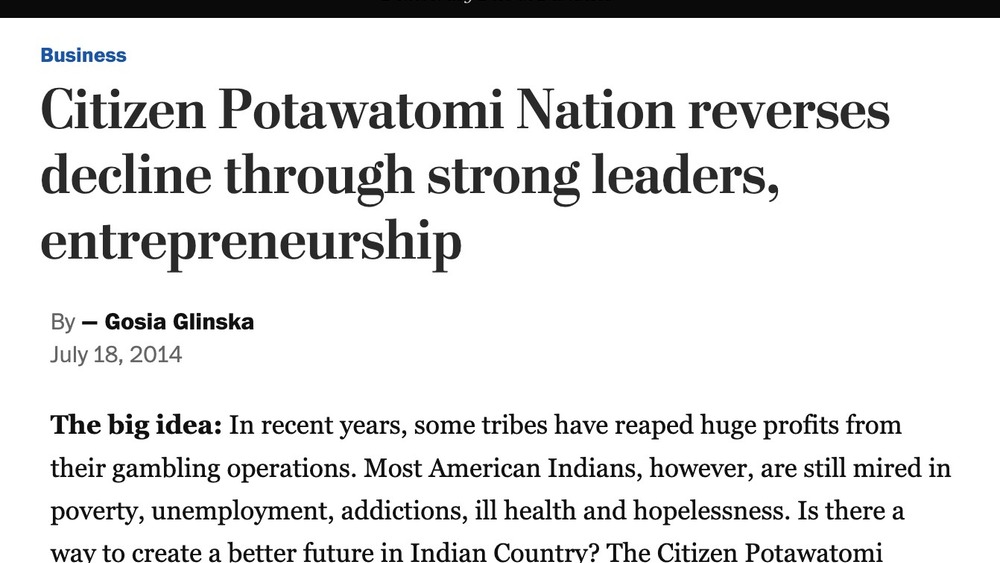
Citizen Potawatomi Nation reverses decline through strong leaders, entrepreneurship
The big idea: In recent years, some tribes have reaped huge profits from their gambling operations. Most American Indians, however, are still mired in poverty, unemployment, addictions, ill health and hopelessness. Is there a way to create a better future in Indian Country? The Citizen Potawatomi…

Disenrollment Demands Serious Attention by All Sovereign Nations
For most people, their sense of who they are–their identity–is at least partially defined from connection to others and to a community. When individuals are forced to sever those connections, the consequences can be devastating. Unfortunately, all too often in tribal disenrollment conflicts–like…
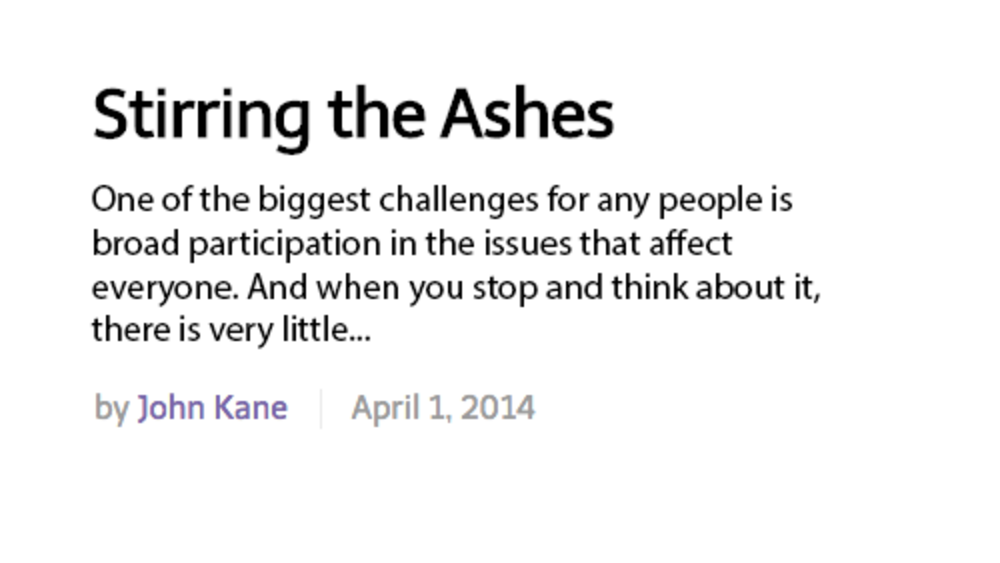
Stirring the Ashes
One of the biggest challenges for any people is broad participation in the issues that affect everyone. And when you stop and think about it, there is very little from the smallest ripples in a family to major calamities in a community that occurs without impacting others. The notion of “mind your…

5 More Native American Visionaries in Washington State
As the holidays kick in and people start looking ahead to the coming year, it is only fitting to acknowledge the leaders who will take Indian country into the future. Last month we brought you five Native leaders who are protecting rights, exercising sovereignty, building intercultural bridges and…
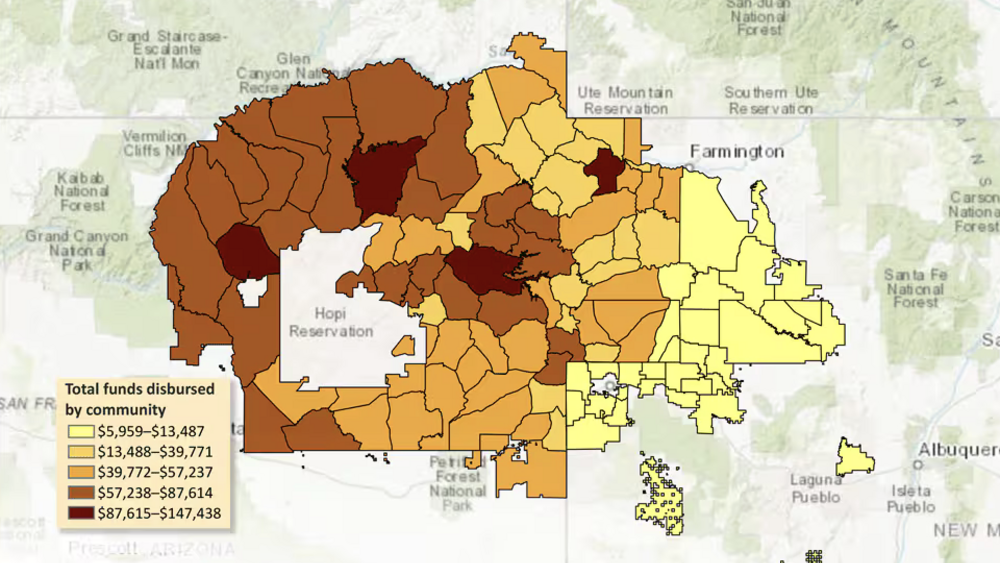
The Navajo Nation Healthy Diné Nation Act: A Two Percent Tax on Foods of Minimal-to-No Nutritious Value, 2015–2019
Our study summarizes tax revenue and disbursements from the Navajo Nation Healthy Diné Nation Act of 2014, which included a 2% tax on foods of minimal-to-no nutritional value (junk food tax), the first in the United States and in any sovereign tribal nation. Since the tax was implemented in 2015,…
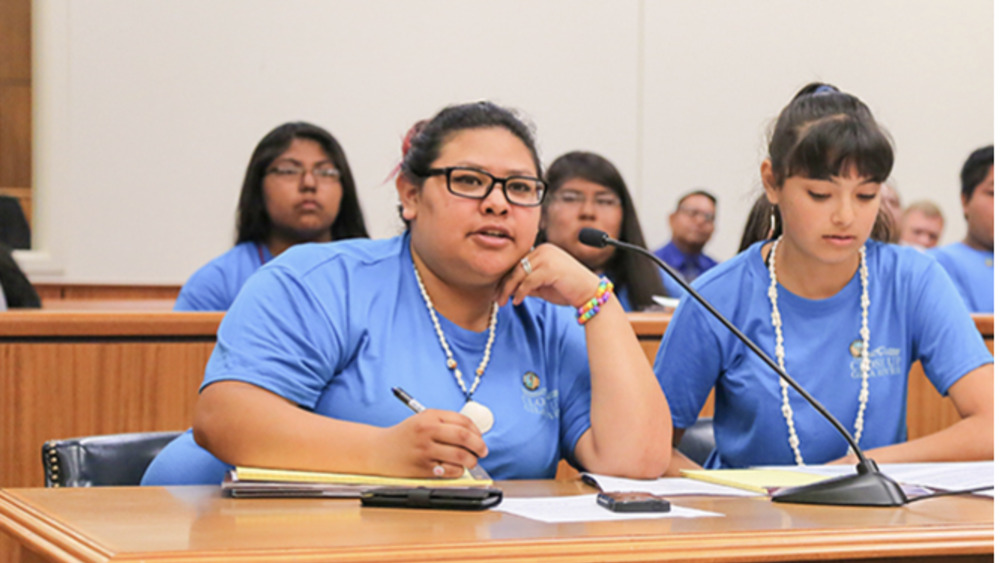
Students Get Hands-On Learning with Gila River Close Up Program
A group of young Community members from various local high schools participated in the Close Up program and received an in-depth view into the world of tribal government. The Close Up program is a yearly endeavor that is designed to give students a thorough lesson on the inner mechanics and…
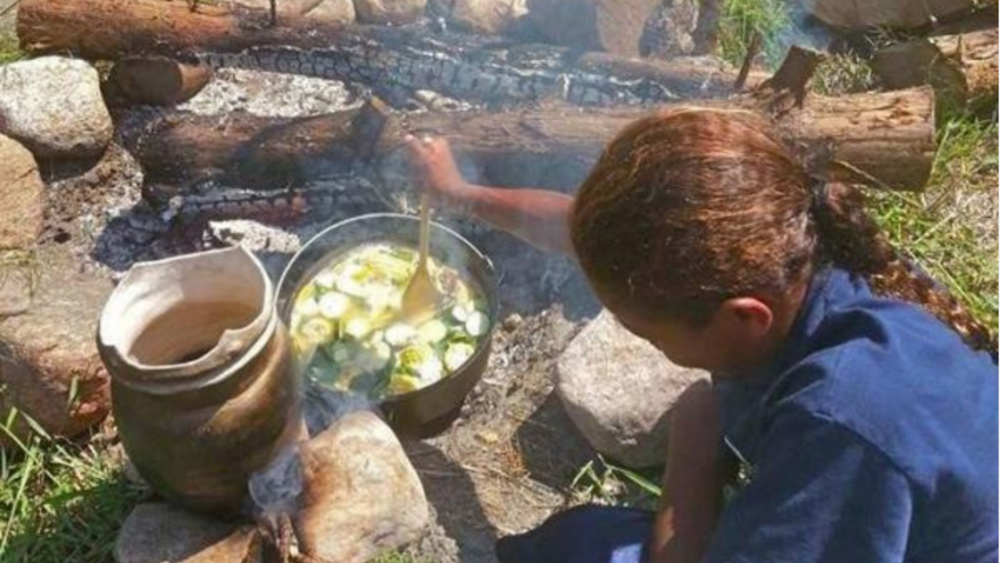
Sleeping Language Waking Up Thanks to Wampanoag Reclamation Project
It’s been more than 300 years since Wampanoag was the primary spoken language in Cape Cod. But, if Wampanoag tribal members keep their current pace, that may not be true for much longer. Tribal members have been signing up for classes with the Wampanoag Language Reclamation Project while families…
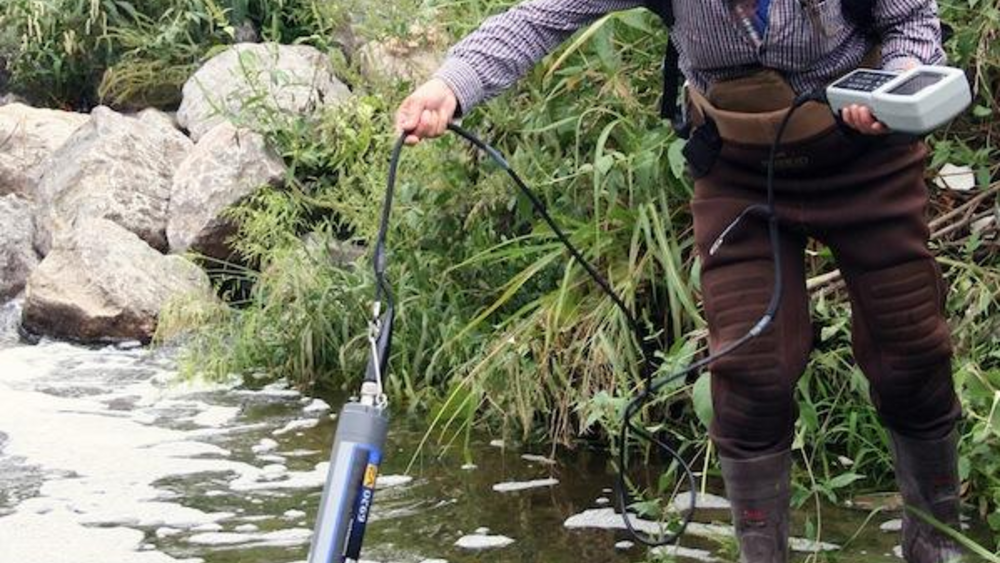
Citizen Stewards: Chickasaw Nation Technicians Monitor Water Quality
Regulations and laws about environmental quality abound, yet the Chickasaw Nation has little use for them. Its citizens do not need legislation to inform them that they are stewards of the land. It is, of course, an immutable fact of existence. And Chickasaw Nation Environmental Services…
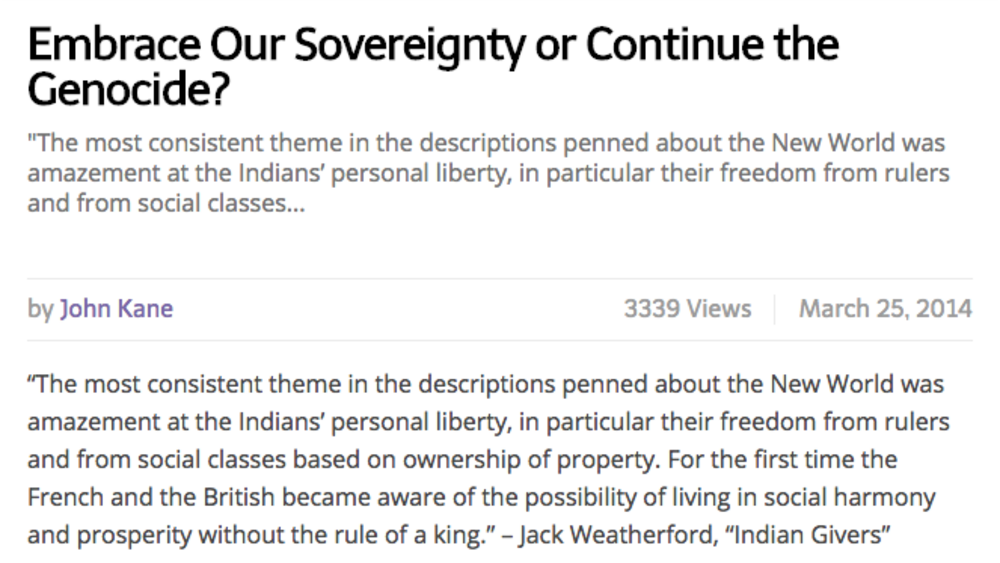
Embrace Our Sovereignty or Continue the Genocide?
“The most consistent theme in the descriptions penned about the New World was amazement at the Indians’ personal liberty, in particular their freedom from rulers and from social classes based on ownership of property. For the first time the French and the British became aware of the possibility of…
Pagination
- First page
- …
- 24
- 25
- 26
- …
- Last page
